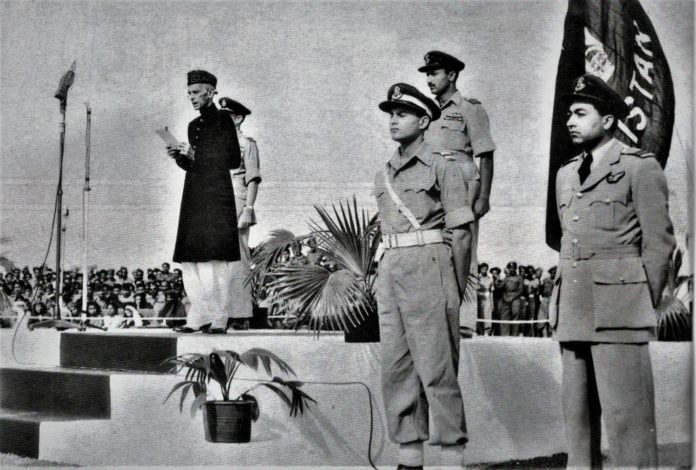ASGHAR Khan is a politician, peace activist, historian, and the 5th Commander in Chief of Pakistan Air Force (PAF) and the first Pakistani to command this prestigious institution. Asghar Khan joined the Indian Military Academy in 1939 and was commissioned in the Royal Deccan Horse. His army career was short lived as due to the advent of World War II, the Ministry of Defence drafted Asghar Khan in the newly established Royal Indian Air Force in 194C. He joined No. 9 Squadror of the Indian Air Force (IAF assuming its command in 1944 flying active missions in the Burme Campaign against the Japanese.
After world war ll, Asghar khan was sent to the UK for his Staff College course at Bracknell. He also has the unique distinction of being the first IAF officer to fly a fighter jet air- craft a Gloster Meteor lll whilst undergoing the Fighter Leader’s Course in the UK in 1946. After independence, Asghar Khan opted to join PAF. While commanding the Flying Training School at Risalpur, he had the unique distinction of hosting the founder of Pakistan. In 1957, at the young age of 36, became the Asghar Khan youngest to date and the first Pakistani Commander-in-Chief of PAF. In April 1948, at Risalpur, a young Asghar Khan had listened to the words of the Quaid with awe and reverence: “There is no doubt that a country without a strong Air Force is at the mercy of any aggressor. Pakistan must build up her Air Force as quickly as possible. It must be an efficient Air Force second to none and must take its right place with the Army and the Navy in securing Pakistan’s defense.”
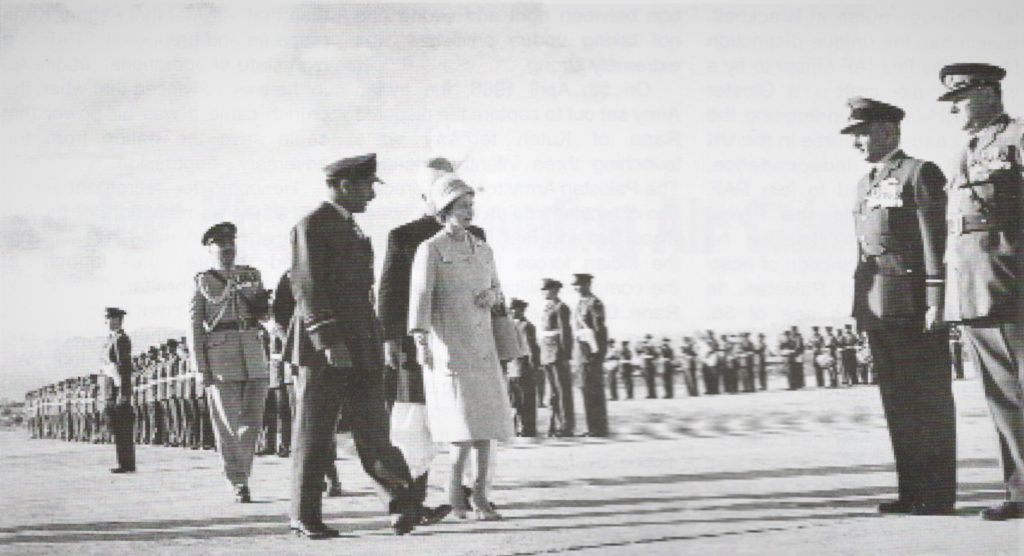
Now he had the distinctive opportunity to lend credence to the Quaid’s prophetic words. As Air Chief from 1957-65, the venerable Asghar Khan molded PAF in tempered steel and through his out-standing attributes of leadership; transformed it from a fledgling status with WWII aircrafts into a fine fighting force, which had the capacity to rise to the occasion when test came and got the better of an adversary five times its size in 1965, 1971 and continues to do so in every trial and tribulation the nation faces. Asghar Khan is remembered as an Air Chief, who stuck to the criteria of merit and qualification for every promotion and appointment. He did not refrain from ruffling a few feathers, even if he had to supersede officers for lack of merit. His sense of distinction between right and wrong and not taking undue privileges was extremely strong.
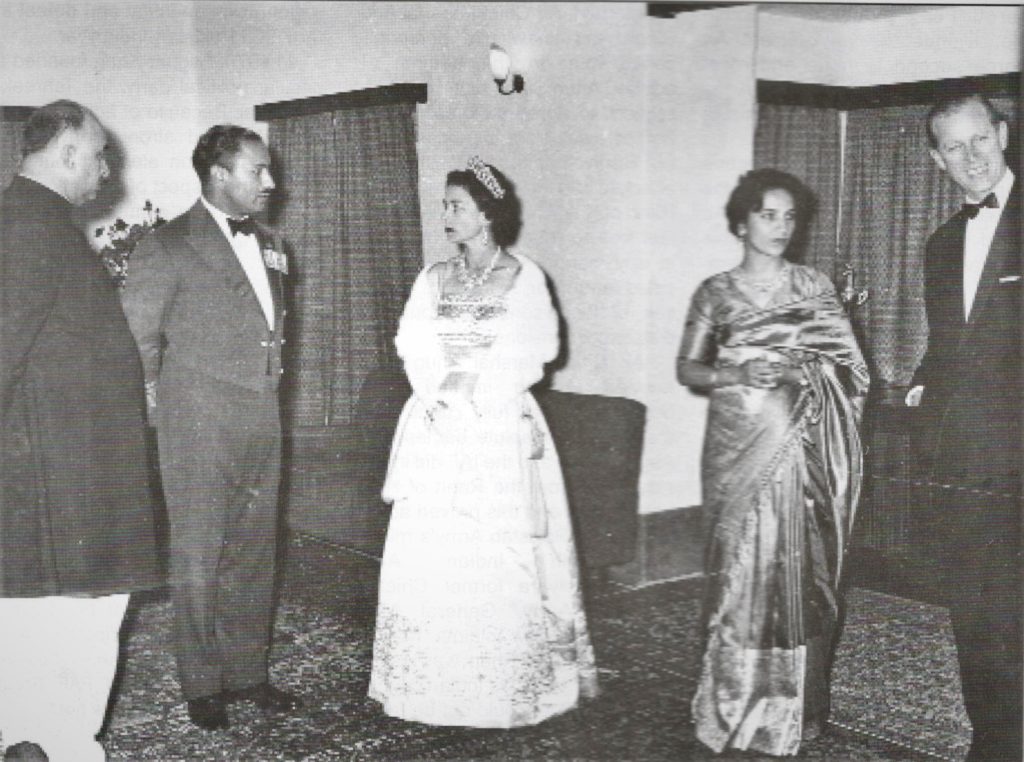
On 5th April 1965, the Indian army set out to capture the disputed Rann of Kutch territory while launching three infantry brigades. The Pakistan army took the precaution of moving into an area between Chad Bet and Biar Bet, to prevent the Indian forces from attempting the complete military occupation of Rann. Besides ensuring operational preparedness of the PAF, Air Marshal Asghar Khan played a master stroke in keeping the skirmishes limited and also saving Pakistani ground forces from interdiction by IAF since compared to India, Pakistan hardly had any air base in the vicinity. Asghar Khan, who had attended Military College, Dehradun, with his Indian counterpart, Air Chief Marshal Arjun Singh and knew him personally, called him on the hotline. He advised Arjun Singh that it would be prudent to agree to keep both air forces away from the local conflict of Rann because, if the IAF attacked the Pakistan army in the Rann of Kutch areas, the PAF would feel free to retaliate anywhere and in any manner it saw fit, and this could lead to an immediate escalation of the local conflict beyond predictable dimensions.
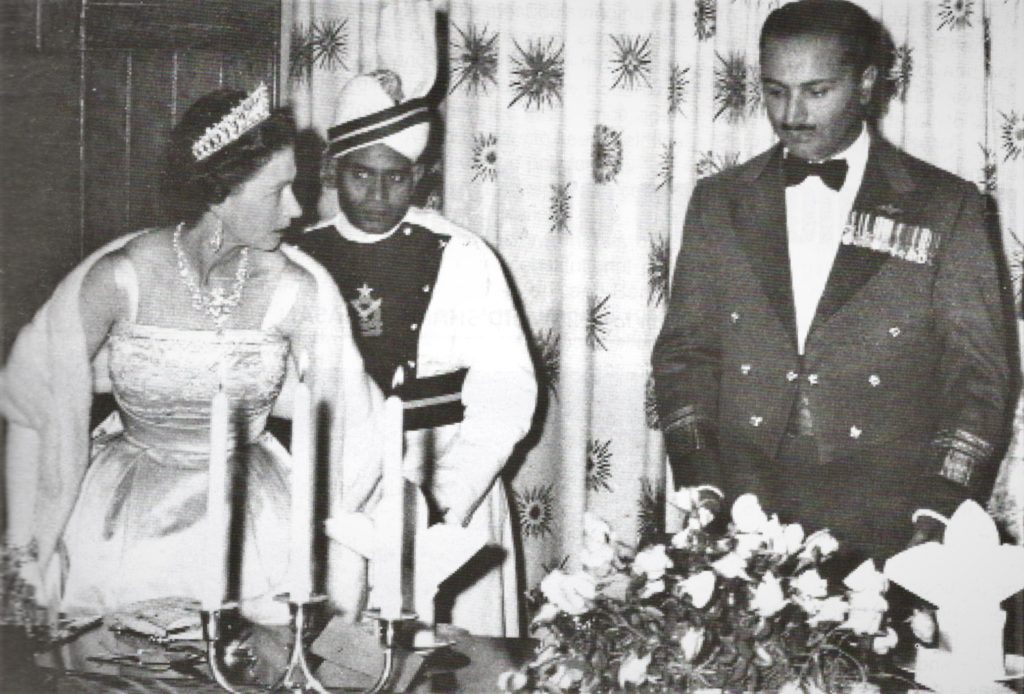
Air Chief Marshal Arjun Singh heeded to the implied threat because he was fully cognizant of the firm and resolute demeanor of Asghar Khan and the IAF did indeed stay away from the Rann of Kutch battle areas and this proved advantageous to Pakistan army’s military duel with Indian army. Unfortunately, a former chief of Pakistan Army, General Mirza Aslam Beg now claims That Air Marshal Asghar khan was sacked for colluding with his Indian counter parts. The truth could not be farther than that. Air Marshal Asger khan prepared and prepped the PAF in a high state of operational readiness, for he was convinced that when the could save the nation from the adversary’s aggression.
He opted for retirement on 23 July 1965, when he realised that he had not even been informed nor consulted before the launch of Operation Gibraltar. It is to Pakistan’s credit that the baton was passed to another outstanding leader, Nur Khan who led PAF, which had been sharpened whetted and honed by Asghar khan into a fighting force comprising officers and men whose courage and will to die for the nation was a thing of the legends. Thus it was the PAF of Asghar khan under the leadership of Nur khan, which saved the nation from ignominy and defeat in the 1965 Pakistan India war.
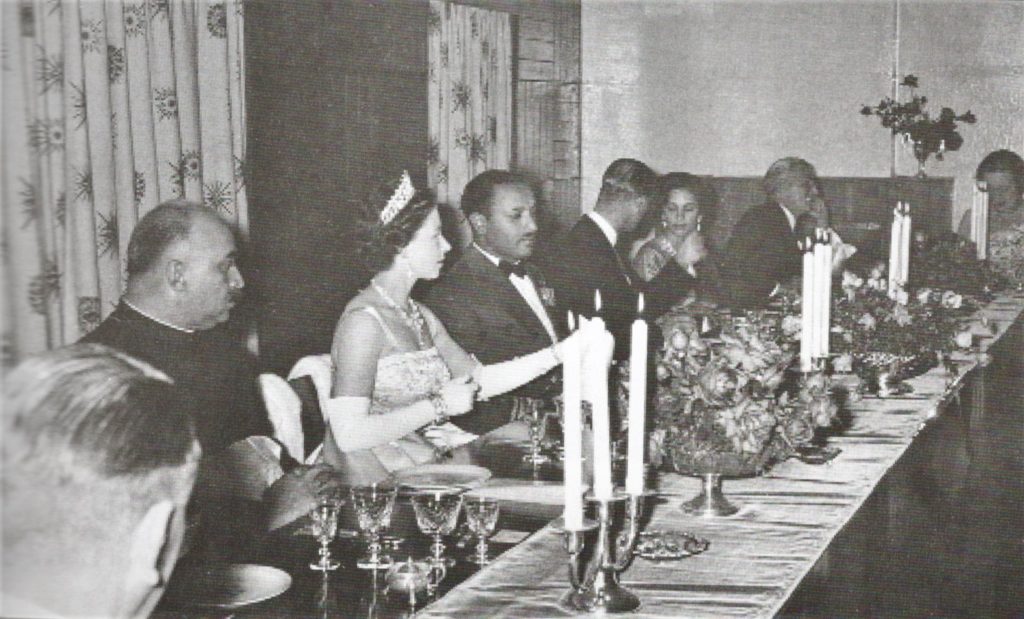
In 1970, Asghar Khan founded a secular political party, the Tehreek-e-Istaqlal. Because of adherence to principles and strong convictions, he never won elections but earned the respect of the nation. His party has been a nursery for high profile political figures in whom he tried to instill decency and honesty. His son Omar Asghar Khan, a dedicated politician, was brutally murdered but the air marshal bore the loss with dignity. His legendary lawsuits against corruption irked many a modern day leader but he stuck to his principles.
Courtesy: Pakistan Observer


